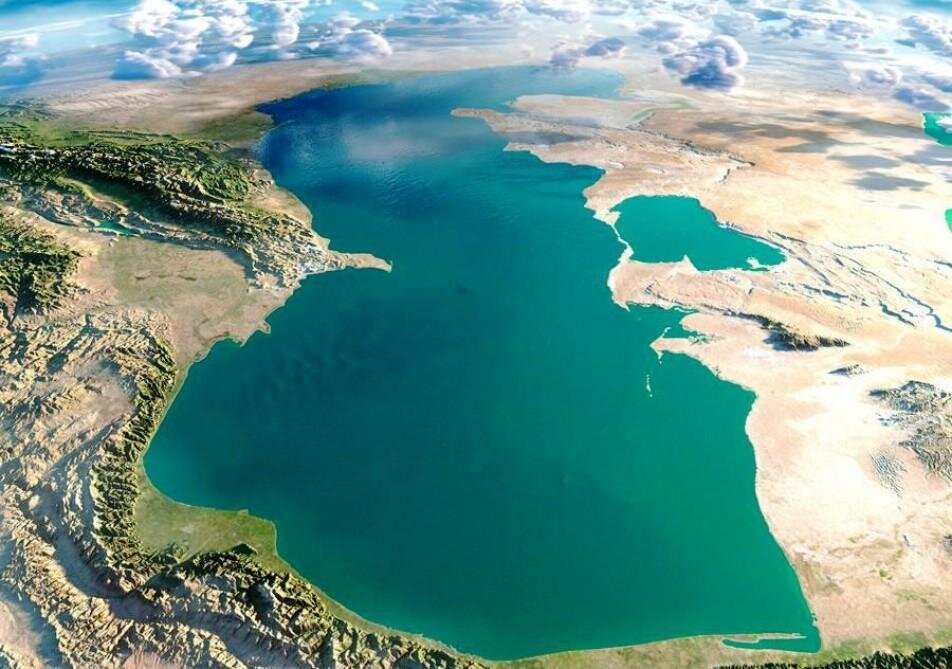Navigating Caspian diplomacy: Iran’s new envoy and regional strategy

TEHRAN – Iran’s foreign ministry has appointed Kazem Gharibabadi as its new Special Representative for Caspian Sea Affairs. The diplomat also serves as Deputy Foreign Minister for Legal and International Affairs, making his appointment all the more meaningful and significant.
Since the dissolution of the Soviet Union and the rise of four new independent states along the Caspian Sea’s shores, Iran has prioritized defining the sea’s legal status—a matter of national sovereignty, security, and economic significance. The discussions span a wide range of critical issues, including military cooperation, oil and gas exploration, environmental protection, counterterrorism, and combating drug trafficking, all of which remain high on Tehran’s agenda.
Decades of diplomatic negotiations
In 1996, the five Caspian littoral states—Azerbaijan, Iran, Kazakhstan, Russia, and Turkmenistan—established a special working group at the deputy foreign minister level to negotiate the sea’s legal framework. After years of deliberation, the ‘Convention on the Legal Status of the Caspian Sea’ was signed in 2018, marking a historic milestone.
Following this, the foreign ministers of the coastal states replaced the original working group with a high-ranking officials’ working group, tasked with drafting agreements on maritime boundaries, overseeing specialized treaties, and coordinating high-level diplomatic meetings.
Domestic coordination and strategic oversight
Beyond international negotiations, Iran’s special representative for Caspian affairs plays a pivotal role in domestic policy coordination. A dedicated Caspian Sea Committee, composed of senior officials from key institutions—including the Supreme National Security Council, the Armed Forces, the Ministry of Oil, and the Environmental Protection Organization—ensures a unified national strategy. This committee is responsible for implementing Iran’s policies in the Caspian region, balancing economic interests with security concerns.
After the Third Caspian Economic Forum was held in Tehran this February, the Iranian government assigned the Foreign Ministry to oversee the execution of agreements reached among the coastal nations. Key focus areas include: Enhancing transit and trade routes, strengthening port and shipping infrastructure, organizing meetings of economy and transport ministers, and facilitating cooperation among coastal governors.
The special representative is now spearheading efforts to align domestic agencies with these objectives while engaging in further negotiations with neighboring states.
Iran’s representation in Caspian affairs has seen a succession of seasoned diplomats. Early envoys included Mahmoud Vaezi (1997) and Ali Ahani (1999-2001), while more recent appointees such as Mahmoud Barimani (2020-2023) and Alireza Jahangiri (2023-2025) served in the high-ranking working group. Gharibabadi is the 11th Iranian diplomat to serve as the special envoy for the Caspian Sea.
As Iran continues to navigate the Caspian’s complex geopolitical landscape, the special representative’s role remains crucial, both in safeguarding national interests and fostering regional cooperation.
Leave a Comment